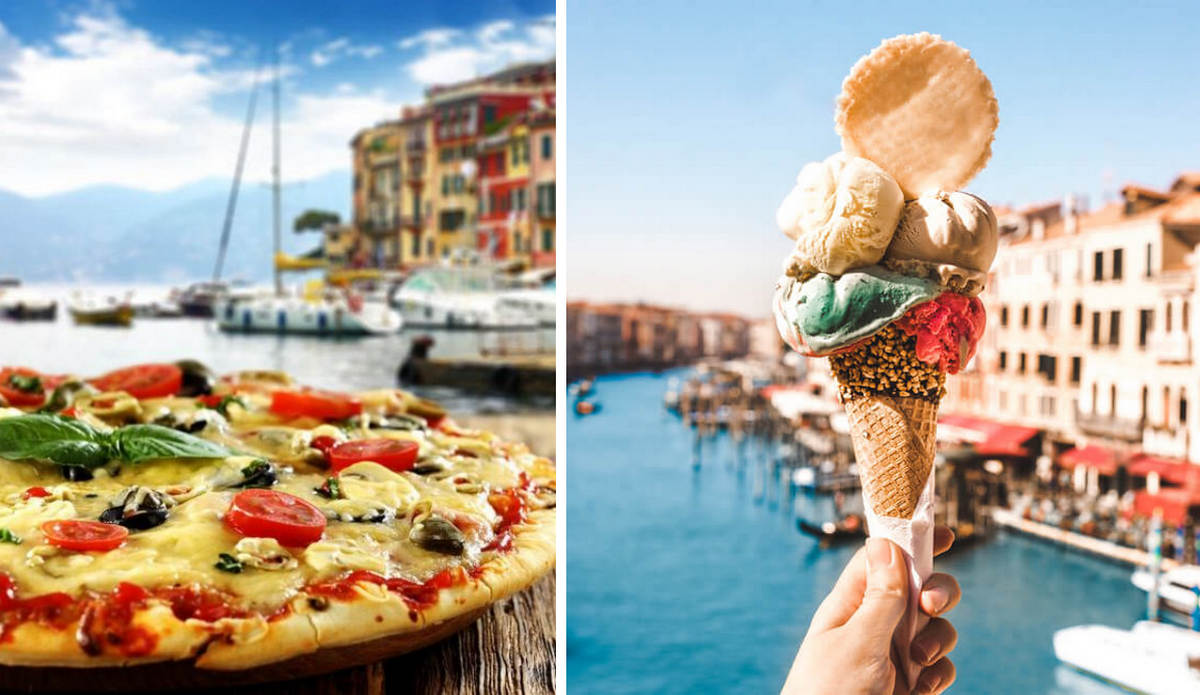The authorities of the popular Italian city of Milan have banned the sale of food and drinks to tourists. It is about trading at certain hours until November 19. The ban was introduced in response to complaints from residents.
Under the new rules, the ban will be in effect from midnight to 6:00 a.m. on weekdays and from 1:30 a.m. to 6:00 a.m. on Fridays and Saturdays. The introduction of these new rules resulted from a lawsuit filed by residents against the city hall. Residents complained about the noise caused by nightlife in the area. “I don’t like this idea of a 24-hour city, which has no working hours, which is always open,” said one outraged Italian.
The mayor of Milan, Giuseppe Sala, also expressed his opinion on the ban: “I believe that cities should also rest like us people and have a schedule that works for everyone.” As part of the temporary ban, partygoers are now prohibited from buying drinks and snacks from shops, street vendors, bars with outdoor seating, and vending machines. Also, street vendors are not allowed to work in this area in the evening.
Measures have been taken to address the problems associated with noisy nightlife, especially in the Porto Venezia area, a hub for gatherings of representatives of non-traditional communities. The Lazzaretto Residents’ Committee called on the city authorities to take measures to address noise and safety issues. Marco Granelli, Milan’s security adviser, said that the measures are aimed at ensuring a safe and high-quality public space for residents and citizens.
It should be noted that Milan has previously taken similar measures to deal with misconduct and violation of the rules. For example, in May 2020, restrictions were imposed on the sale of takeaway alcohol from 19:00 to 07:00 in the morning due to non-compliance with the safety rules of COVID-19.
The Italian capital of fashion and parties is also trying to improve the quality of life of its citizens. As part of its efforts to create a more sustainable urban environment, the authorities have proposed banning private transport in the city center. These measures are designed to reduce emissions and make the city more livable.

